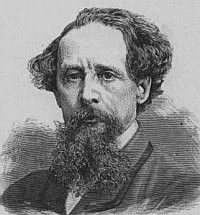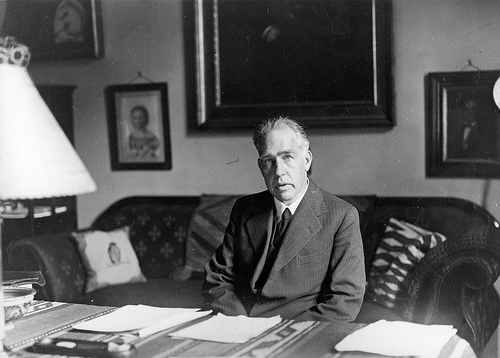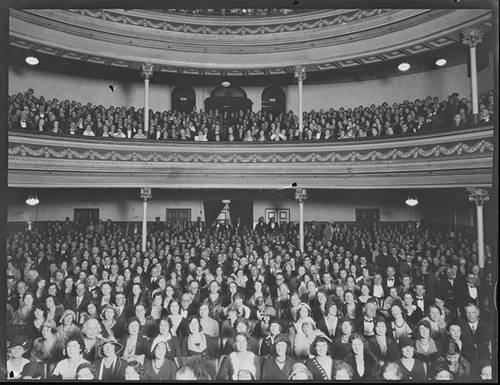
Charles Dickens, during one of his visits to Paris, had his watch stolen from him at the theatre. This watch had been given to him by the Queen, and was, therefore, very much prized by him. On returning to his hotel, Dickens found a small parcel waiting him, to which was pinned the following note:–
Sir,–I hope you will excuse me, but I assure you I thought I was dealing with a Frenchman and not a countryman. Finding out my mistake, I hasten to repair it as much as lies in my power, by returning you herewith the watch I stole from you. I beg you to accept the homage of my respect, and to believe me, my dear countryman, your humble and obedient servant,
A PICKPOCKET.
— The Dickensian, September 1906




